Living Biobank Charity, Nature’s SAFE, will be saving rare UK wildlife thanks to Postcode Local Trust.
how to help
For many species, it’s now or never.
Donate Nowor why not Fundraise For Us?
Living Biobank Charity, Nature’s SAFE, will be saving rare UK wildlife thanks to Postcode Local Trust.
BIAZA and Nature's SAFE join forces to fight extinction
This species of mouse deer is listed by the IUCN as endangered and there is a small, and mainly female, population managed in European zoos.
Nature’s SAFE are excited to announce that our co-founder and charity coordinator Dr Rhiannon Bolton has successfully published a new paper reviewing assisted reproductive technologies and biobanking.
International conservation charity ZSL partners with living biobank Nature’s SAFE to preserve planet’s most threatened species
Nature’s SAFE is now home to biological tissue samples of 100 of the planet’s most endangered species – providing a vital insurance policy for threatened wildlife, so it can be protected for generations to come.
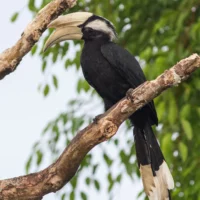
Black Hornbill
Total Population: Unknown
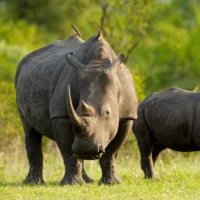
Southern white rhino
Total Population: Around 15,000 in the wild
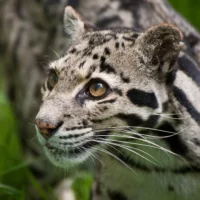
Clouded Leopard
Total Population: Less than 10,000 in the wild
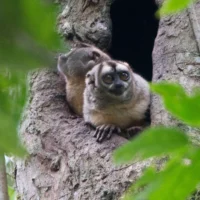
Spix’s night monkey
Total Population: Unknown
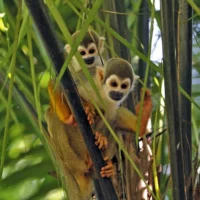
Guianan Squirrel Monkey
Total Population: Around 150,000 in the wild
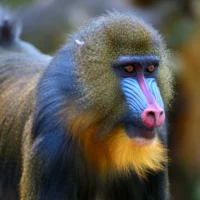
Mandrill
Total Population: Unknown
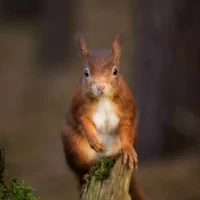
Eurasian Red Squirrel
Total Population: 120,000 to 160,000 in the wild
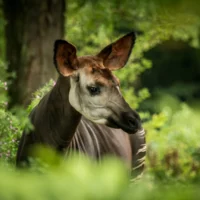
Okapi
Total Population: Less than 25,000 in the wild
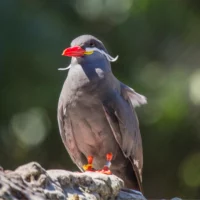
Inca Tern
Total Population: Around 150,000 in the wild
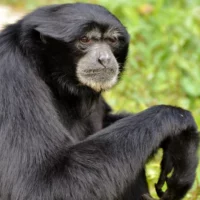
Siamang Gibbon
Total Population: Around 22,000 in the wild
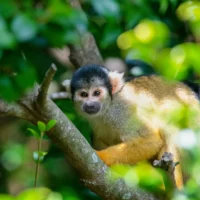
Bolivian squirrel monkey
Total Population: Unknown
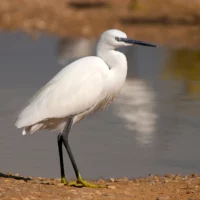
Little egret
Total Population: 660,000 to 3,150,000 in the wild
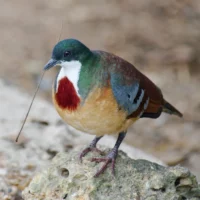
Mandanao bleeding-heart dove
Total Population: Less than 2,500 in the wild
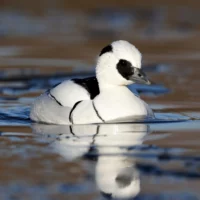
Smew
Total Population: Around 80,000 in the wild
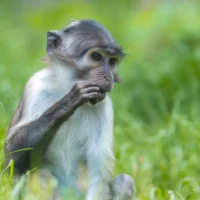
White naped mangabey
Total Population: Around 1,000 in the wild
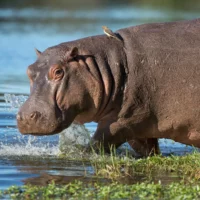
Common Hippo
Total Population: Less than 150,000 in the wild
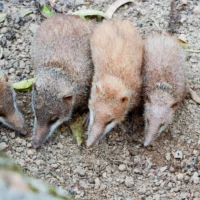
Lesser Madagascan tenrec
Total Population: Unknown
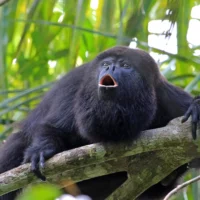
Black howler monkey
Total Population: Less than 5,000 in the wild